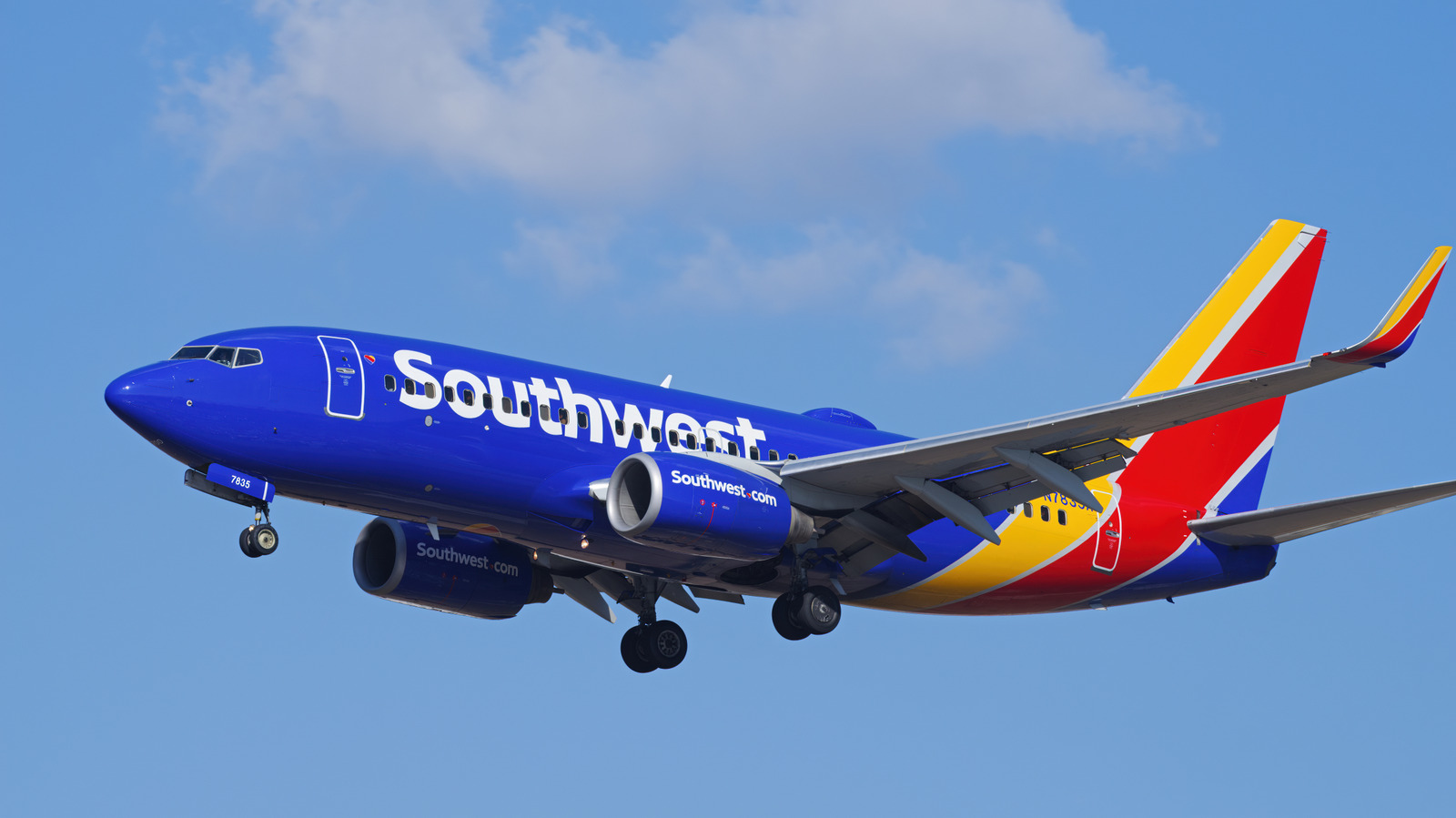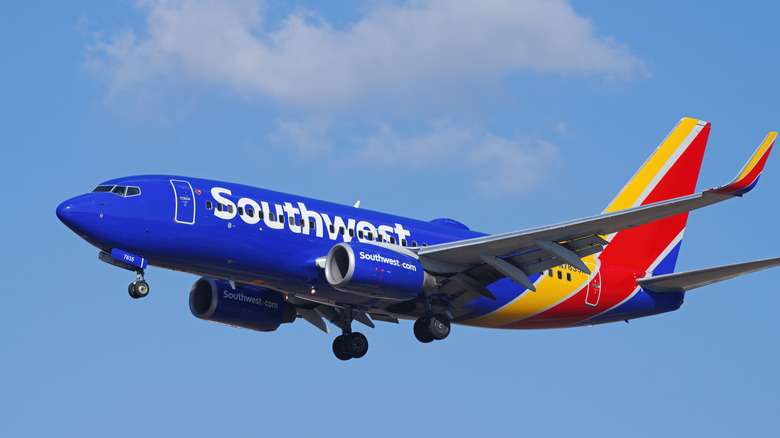While other low-cost airlines love to nickel and dime you to death, Southwest Airlines was different. Even if the cost of the most basic ticket wasn’t as cheap as an equivalent flight on, say, Spirit, once you booked your flight, you didn’t have to worry about anything after that. You could check bags for free, got to choose your own seat, the snacks were pretty good, and flight credits didn’t expire. It probably wasn’t the ideal airline to fly if you were a frequent flyer who wanted the status and perks like complimentary upgrades that came with it, like on Delta and United, but it was a great model for regular travelers.
Today, though, that version of Southwest is gone. At this point, it may as well be just another airline, since it switched to assigned seating, started charging for bags, added premium seats with more legroom to its planes and more. Basically, Southwest took everything people loved about the airline, threw it in the trash and decided it wanted to be just like the other airlines it had previously positioned itself as a cooler, friendlier, less expensive alternative to. The question is, why would Southwest Airlines do that? Why get rid of all the things that helped differentiate it?
An activist investor
As you’ll see in the video above, while the way it went down is a little complicated and full of boardroom and investor drama, there’s a definitive reason Southwest changed. And if you guessed private equity, the most common cause of companies making terrible, short-sighted decisions, you would be…incorrect. But also not totally wrong. Instead of a private equity group buying the entire airline, an activist hedge fund known as Elliott Investment Management bought a big chunk of Southwest’s stock and then began demanding changes it claimed would make Southwest more profitable.
The pitch sounded like something you might hear from some kid who just graduated from a five-year BA/MBA program: Southwest had profitability issues post-COVID, but the other airlines with different policies didn’t, so the key to turning Southwest around was to make it like all the other airlines. So they found a way to force Southwest to do exactly that, with no regard for that little thing known as “competitive advantage.”
In the short term, that strategy may work out for Elliott, allowing it to sell its Southwest stock for a profit. For Southwest as a company and the regular flyers who would go out of their way to fly their favorite airline, though, it’s hard to see how these policy changes will work out in the long run. In the minds of a lot of travelers, it’s still a budget airline that got a lot less budget-friendly and told its loyal customers to go pound sand. But hey, at least a few billionaires might make a little extra money ruining an airline people used to like.



